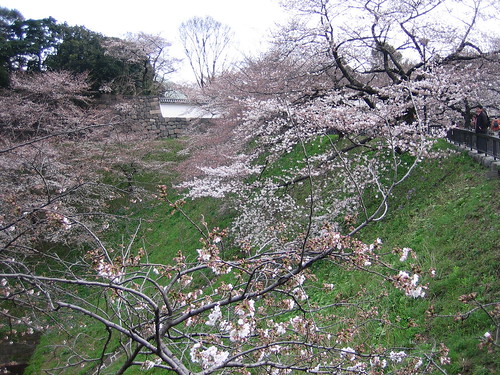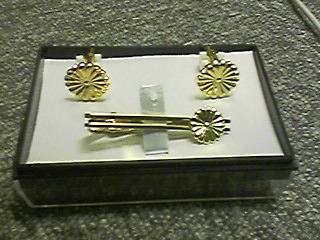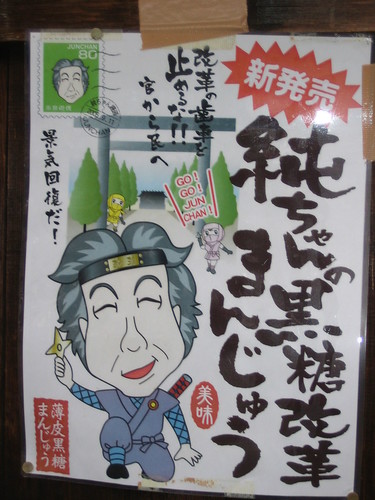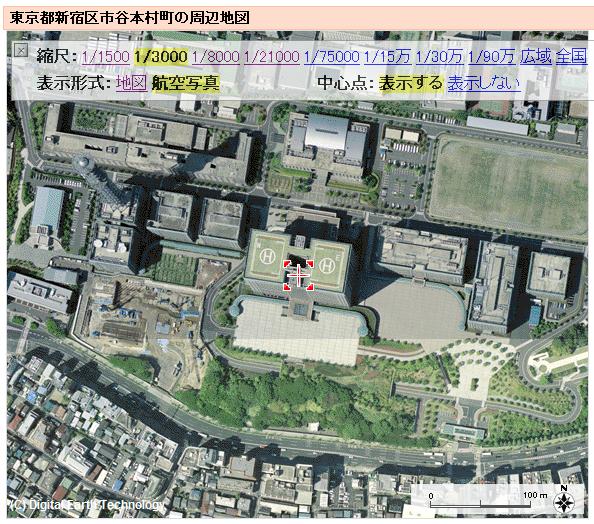Found on the Marmot, this look at Japan apologists in Korea before and during the colonial period is fascinating.
It’s amazing to me how after Japan’s defeat in WW2 and subsequent economic growth and close relationship with the US, Westerners’ experiences in Japan have exploded from a few extremely coddled, monitored, and restricted professions (missionaries, academics, o-yatoi gaikokujin) to 10s of thousands of individual experiences in a free society and from a plethora of backgrounds (eikaiwa teacher, human rights activist, programmer, truck driver, Diet member, gangster). Meanwhile, both legal and illegal immigrants from China and Korea as well as those from “periphery” countries like Brazil, the Philippines, and Iran have made semi-permanent homes in Japan, adding to a growing multiculturalism that was spearheaded by the zainichi Korean population.
Despite the surge in openness and the increased diversity and exposure both to and from the outside world that came with it, Japan’s obsessive image management remains along with the “foreign apologists” who are strikingly similar to those employed in the 1920s. There are plenty of them, including Gregory Clark and Ezra Vogel (DISCLAIMER: Haven’t read Vogel yet). But thankfully we live in a time when a) Japan apologists don’t have to overlook unarmed Koreans sliced in half on the street by Japanese soldiers; and b) Those involved with Japan professionally and otherwise have the breathing room to maintain a more sophisticated view of Japan than the Visit Japan Campaign marketing copy. People can even spend all their free time griping about how much Japan sucks even as they live there! Or, more constructively, they can unionize and try and improve their lot in life.
 This article and the discussion on “Japanophiles” at several blogs got me thinking – what is it that keeps me interested in Japan after not living in the country for almost 3 years?
This article and the discussion on “Japanophiles” at several blogs got me thinking – what is it that keeps me interested in Japan after not living in the country for almost 3 years?
My own experiences in and related to Japan (obsessive language study, tumultuous relationship that ended in death threats, meeting and getting engaged to Mrs. Adamu here in Washington) have been, as life tends to be, bittersweet and full of as much pain as joy, but I still feel some pressure to speak well of Japan whenever someone (Japanese or non) asks me about it. Usually, I stick with the food. Nothing controversial about food, and really, Japanese food is the best. I used to have much more heartfelt and uncritical praise for Japan, back when the scenery, the people (“handler” types included), the language, and the fact that it wasn’t America kept me excited.
But right now, I don’t feel one way or the other about “Japan” as a whole. For one thing, 2 years is not enough to truly understand what a whole nation is all about. As I’ve said before: I love Japan, but it’s screwed up. The society’s got major problems that have translated into things that have affected me personally. But at the same time, I’ve been fortunate enough to befriend enough real, intelligent, and genuinely friendly people to keep me from dismissing the whole country as the kind of place that wraps foreigners in lacquer. It makes me sad to see someone who was unable in 12 years to get past all the superficial stuff of first meetings (his “GAIJIN MEETS A FOREIGNER kabuki”). Of course, not speaking the language where English is not widely understood and perhaps just being a reporter might make things difficult. It’s hard not to worry about how you’ll come across in an article when talking to someone from the press.
Anyway, as to the question in the title of whether I am a Japan apologist, I say not yet, but then no one’s paying me. Where I work (an American law firm) is about as far away as you can get from apologism. But if I were to get a swank job at JETRO or RIETI that might be a different story… Just let me apologize in advance for if and when I do get brainwashed and sucked into a world of untold luxury and all-you-can-eat sushi in exchange for my soul.
(Image is random)


 This article and the discussion on “
This article and the discussion on “



